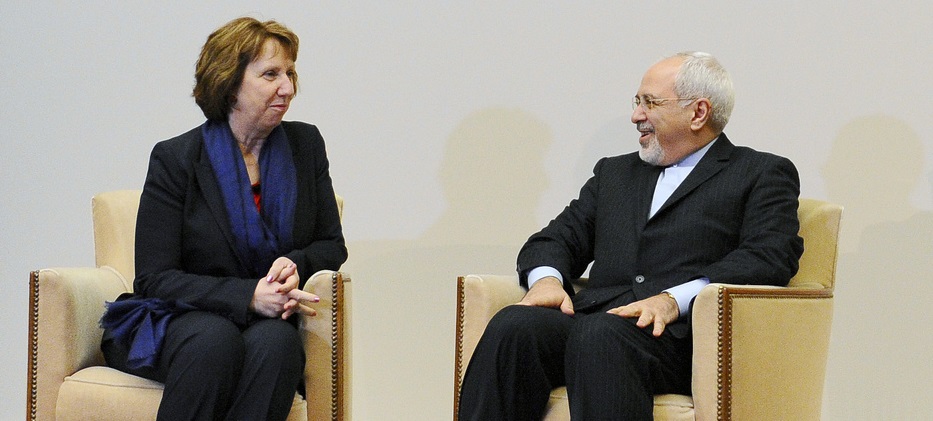Ashton: “First step toward a definitive solution.” After years of stalling, the powers of 5+1 and the Tehran government found a temporary agreement in Geneva. Israel: “Historical mistake”

This is only a first step, a preliminary and temporary agreement, but one that lays the foundation for an agreement that many do not hesitate to define as “historical.” The European Union is celebrating the fact that after years of stalemate and 4 days of negotiations to the bitter end of the 5 +1 group of world powers (U.S., Russia, France, China, Great Britain, that is the countries that have the right to veto the UN, plus Germany) and the Tehran government have reached an agreement on the Iranian nuclear issue. Iran agrees to temporarily halt its nuclear program with the agreement which covers the next six months. In return the EU will lift some of the sanctions in place against Iran that are stifling the country’s economy.
This initial interim agreement should allow time to “reach a general agreement within six months,” said Barack Obama, President of the United States. The White House also released some details on the text of the agreement. Iran has pledged to stop enriching uranium above 5%, to not add more centrifuges and to neutralize its reserves of uranium enriched to 20%. And yet, Tehran has ensured they will not increase the stocks of uranium enriched to 3.5% and will stop progress in the Arak reactor which produces plutonium, potentially useful for the construction of nuclear weapons. In return the world powers will not impose sanctions on the country for the next six months. Iran will also be granted access to the equivalent of $4.2 billion from the sale of crude oil which is blocked in foreign banks due to sanctions.
Catherine Ashton, the EU’s Foreign Policy Chief and Chief Negotiator and Mohammad Javad Zarif, Foreign Minister of Iran, defined it as “a significant step toward developing our relations in a constructive way.” They assure however that their goal is different: “This initial agreement creates the time and climate necessary for a global solution which remains the shared goal and the reason negotiations will begin soon.”
“Truly addressing this issue will have significant effects on a regional and global level: it will reduce political tensions and help build confidence and support to the promotion of non-proliferation of weapons of mass destruction,” says Herman Van Rompuy, President of the European Council. At this point, he insists, it is “crucial” to continue to work towards a definitive agreement.
But not everyone is satisfied; harsh criticism about the agreement comes from Israel, as has often been the case. Prime Minister Benjamin Netanyahu called it an “historic mistake:” the agreement “makes the world a much more dangerous place because now the most dangerous regime in the world can make significant steps toward acquiring the most dangerous weapon,” he said. Israel “is not required to comply with this agreement,” he added, noting that “they will not allow Iran to develop nuclear weapons capability.”
Letizia Pascale


![[foto: European Institute for Gender Equality]](https://www.eunews.it/wp-content/uploads/2021/03/gender-pay-gap.jpg)


![[foto: imagoeconomica]](https://www.eunews.it/wp-content/uploads/2024/08/pnrr-meloni-350x250.png)



